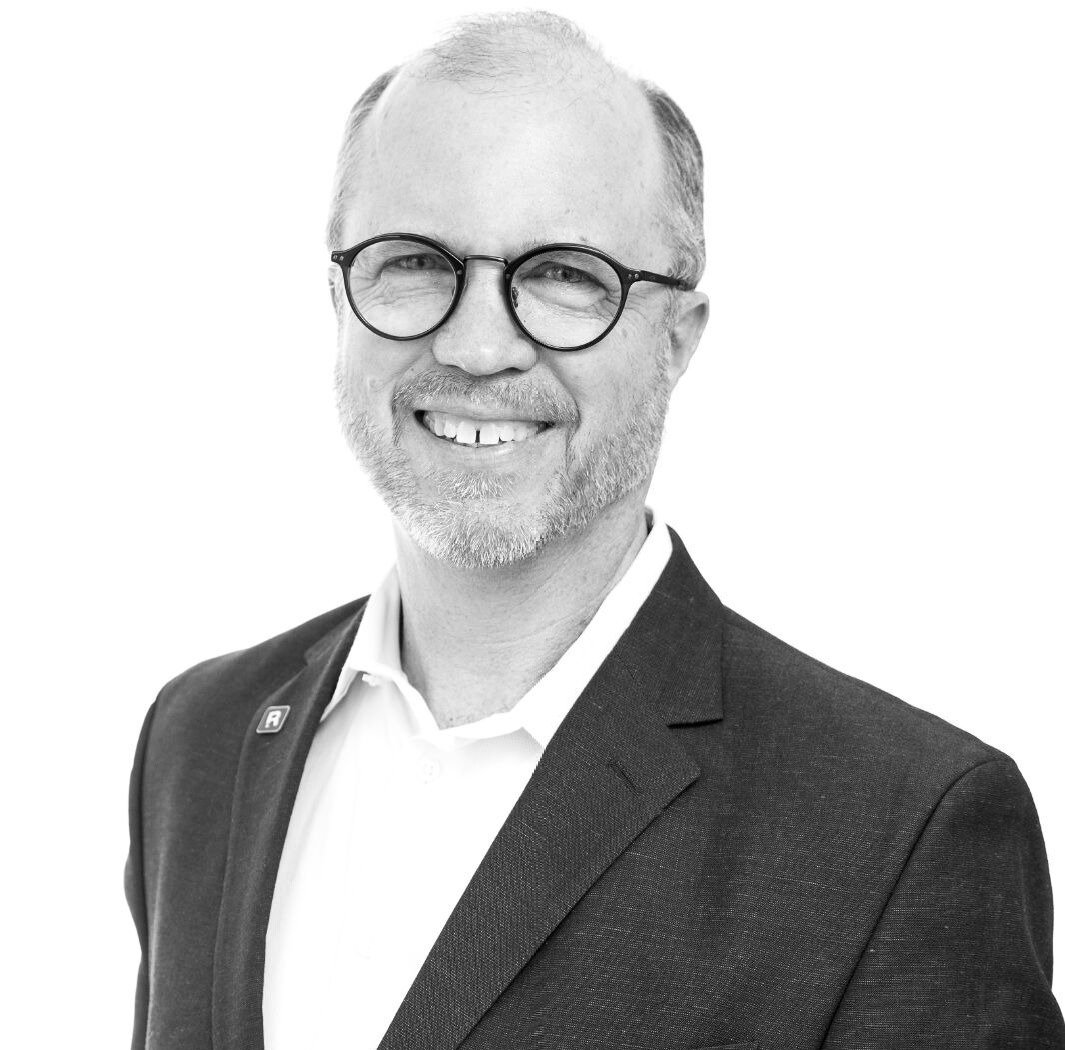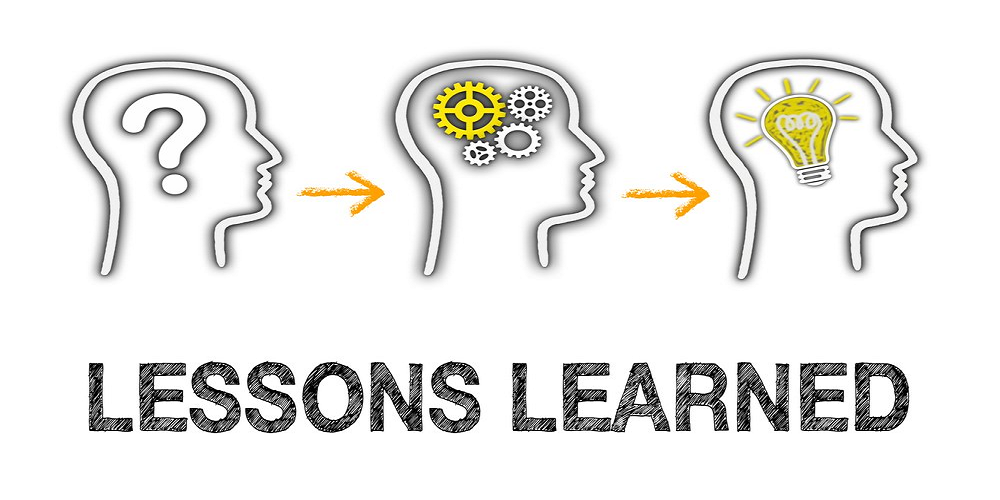Goals versus Vision
Everybody knows that life coaching involves determining a vision, refining that vision, and doing vision work. But, once “it’s” been envisioned, how does one get “it”? Most everyone has heard the admonition that ‘success is a journey, not a destination’. Figuring out the steps to get to the destination is the part of the process that has always intrigued me.
For many years, I wanted to upgrade my job and financial situation; find a second home in the country (i.e., outside of the city); improve my spiritual condition; become healthier and lose weight; and (fill in the blanks) but just didn’t know where to start.
Together with friends, we created a “Mastermind” group to try and figure this out, but still answers eluded us. It finally dawned on us that perhaps we had spent enough time determining the big picture and/or the day-to-day actions but needed to focus more on the “in-between”. We came up with a strategy for more intermediate direction and accountability that I call the Goal Attainment Practice. The goals involved are more short term in nature than visions but bridge the gap (get it?) between visions and a set of interdependent actions.
An exploratory period ensued that included reviewing what various self-development pundits have suggested over the years. First, it made sense to take a brief inventory and assessment of different aspects of one’s life. The idea is to grade yourself on a subjective 1-10 (or A-F, etc.) scale on 12 or so categories such as Money, Work, Health, etc. Next, we agreed to choose three of those areas to concentrate on in the immediate future. They could be the lowest ranked areas, but not necessarily. Finally, 3 to 5 “SMART” goals were created – i.e., those that are Specific, Measurable, Attainable, Realistic and Time-constrained that could be related to the areas of concentration but don’t have to be. An example of a way to do this can be downloaded here, or on my website at www.mtmnkamp.com/coaching.
Initially, we were setting goals like “Earn X amount of money in 3 months” or “Lose Y number of pounds in 4 months”, but those types of goals almost immediately begged the simple question of “How?”. Instead, we determined that a group of actions should be proposed that could be done on a monthly, weekly, and/or daily basis which together comprised a quantifiable, objective, and actionable goal.
For example, instead of trying to earn $60,000 in the next X months, we decided to do things like make 10 new business outreaches each week on a weekly basis; update a website or LinkedIn profile; and launch a social media or email campaign with a specific number of activities – all within a specified time period of usually between 90 and 180 days.
I also suggest assigning both a reward and a consequence to inject a bit of fun and accountability into the process. A reward for a successfully completed goal can be something nominal and symbolic rather than extravagant, such as an inexpensive item you've been thinking of buying for yourself. It should be a tangible symbol of accomplishment as opposed to something consumable (like a massage). Similarly, failure to attain a goal is met with a consequence, because if one doesn’t do what one hoped there are always ramifications! But again, these should be nominal activities that must be done but that could actually be kind of fun – e.g., doing something that you don't necessarily want to do for yourself or others (like cleaning out the garage) or doing something you want to do for someone you don’t really want to do it for (like volunteering to do another’s chores).
One of the most important (but hidden) aspects of the practice is the layer of accountability that makes the practice very powerful. My process was initially created in a group setting with plenty of built-in encouragement. One can create a similar effect by recruiting a “goal partner” – usually a friend or family member – for sharing progress updates (or lack thereof). And make sure that the support process includes the rewards and consequences which can sometimes be overlooked. Please feel free to reach out to me with any questions or comments. I'm very interested in how the goal attainment process (this or others) can work for everyone.


